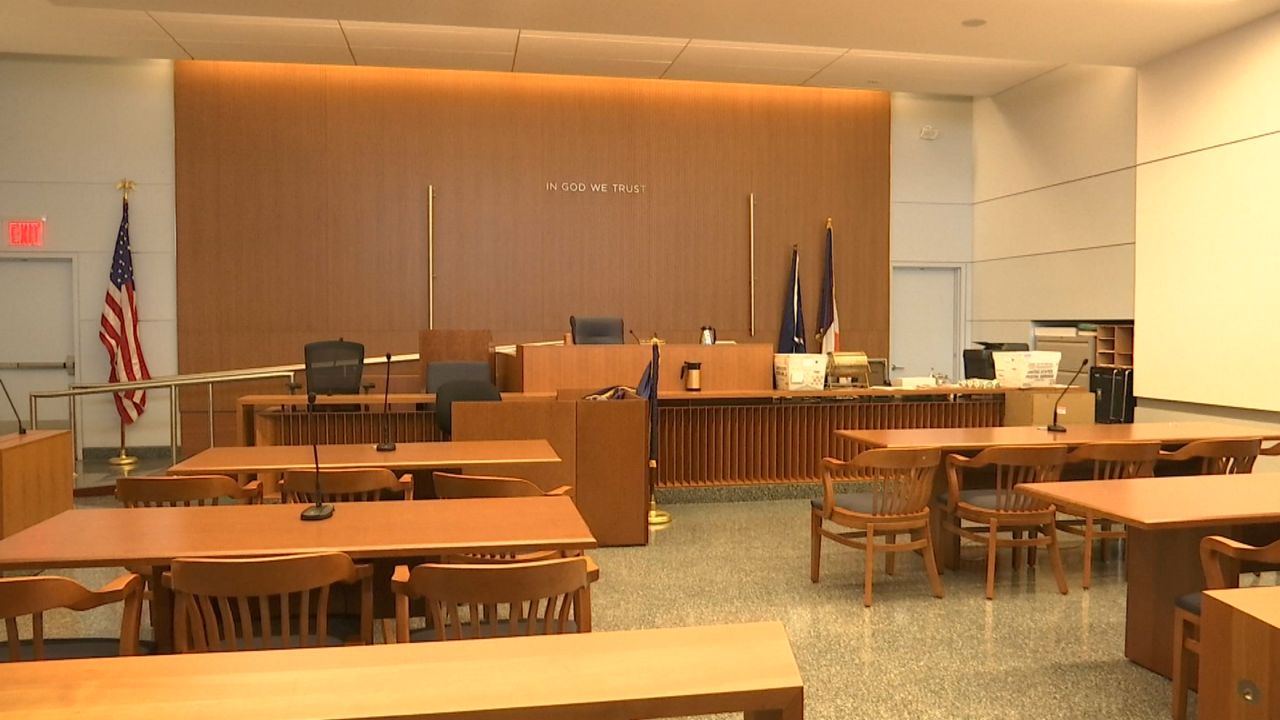The state rolled out a digital pass last month that allows New Yorkers to share their COVID-19 vaccine or negative test status when they head to places like theaters and stadiums — but some are worried this information could get into the wrong hands.
"Unless you are vaccinated, you will not have entry to the stadium," said Erie County Executive Mark Poloncarz during a COVID-19 press conference earlier this month. He announced fans attending Bills and Sabres home games next season will have to be vaccinated against COVID-19. One way to show proof is by using the state's Excelsior Pass, which shows that someone has tested negative for the virus or has gotten vaccinated.
"We've seen some states like Florida and Texas actually passing legislation forbidding these kinds of passports, these kinds of trackers of COVID vaccine-related information,” Dr. Joana Gaia, a clinical assistant professor of management science and systems at the University at Buffalo, said.
Dr. Gaia adds there are some valid concerns surrounding these so-called vaccine passports.
"Who's getting my information? Who am I providing this information to? And how do I guarantee that my information is going to be protected?" the professor asked.
In order to join the New York State Excelsior Pass program, you have to provide several pieces of information such as your name, date of birth, and zip code to verify your identity.
You also need to answer questions about your COVID-19 vaccination or testing history. The program's privacy policy states the data you provide is maintained in a secure manner and won't be used for sales/marketing purposes or shared with a third party.
Professor Gaia says if multiple apps become available, people could become confused as to which one to use. She's also worried about the organizations that create these apps.
"I could develop an app and I have no ties to the medical community,” she said. “I don't have a medical degree, so if I develop something like this and I put it out on the market, and then you download the app that I develop and you volunteer your health care information, I'm not covered by HIPPA."
The professor thinks it's a good idea to show proof of your vaccination status, but is uneasy about the lack of legislation that could potentially help tackle these privacy issues.
"There's nothing that mandates these app developers to put in big bold letters when you're downloading the app and before you put your information in, saying, ‘hey you're not protected by HIPPA if you give me this information, hey I'm creating a huge database of information and now I can profit from this data and sell it to any organization that does data mining,’" Professor Gaia said.









